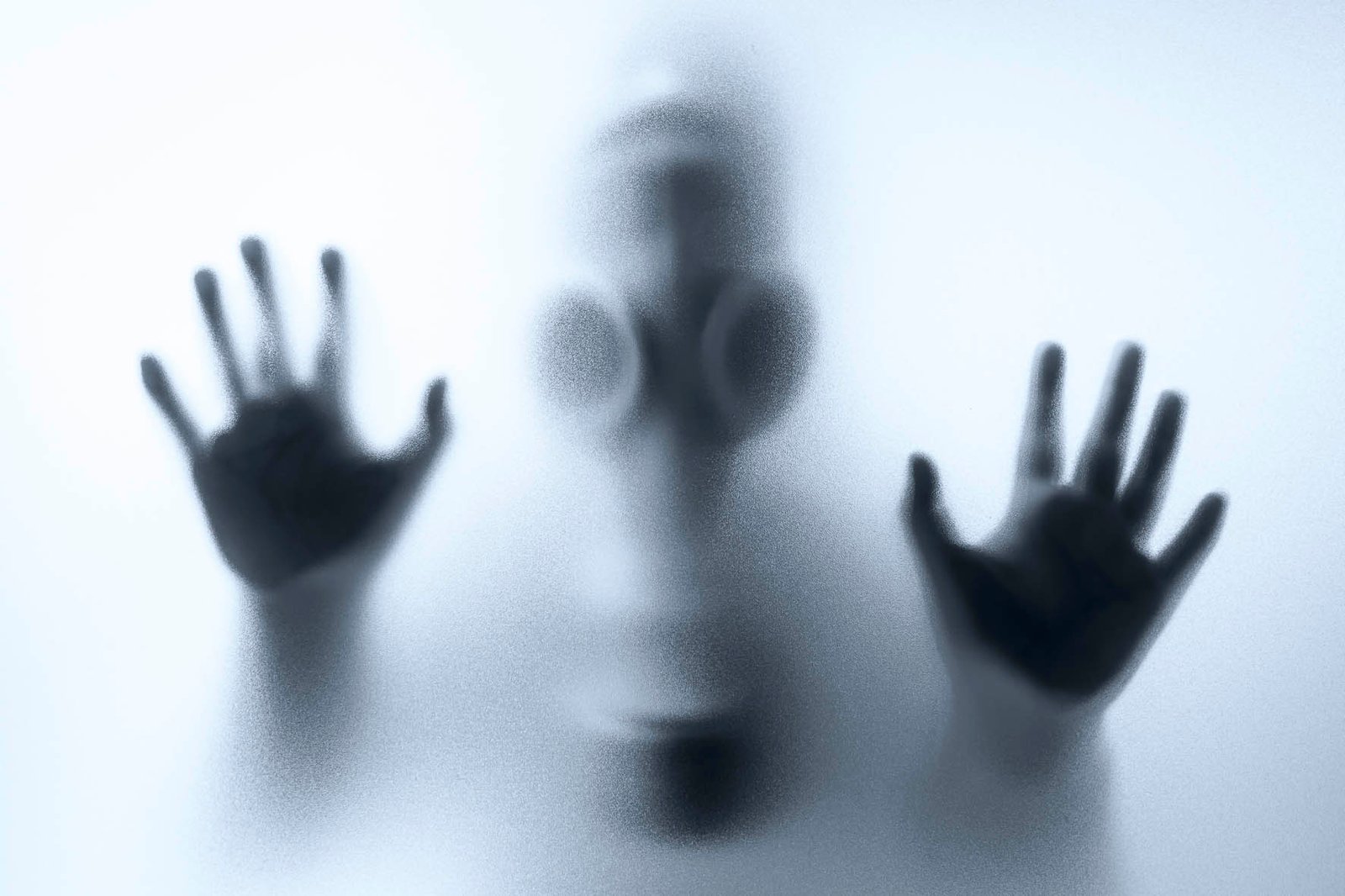
Breath You Take
Text and Photos: Javier Pinzón, Shutterstock, EFE
“Man shall not live by oxygen alone” is perhaps an applicable adage. Our health, proper functioning of the brain, adequate blood circulation, and, in short, our quality of life, depend on a delicate balance of atmospheric gases: 78% nitrogen, 20% oxygen, 1% noble gases, 0.03% carbon dioxide, and 0.97% water.
All living beings on the planet, not just humans, need that balance and yet this formula is under threat. According to the World Health Organization (WHO), environmental pollution causes around seven million premature deaths every year, the equivalent of 800 deaths per hour or thirteen per minute. In other words, the air we breathe is responsible for more deaths than malnutrition, alcohol consumption, and physical inactivity.
According to the WHO, 97% of cities in low and middle income countries with more than 100,000 inhabitants do not meet minimum air quality requirements. Of the seven million people who die each year from air pollution, four million live in the Asia-Pacific region. In addition, 93,000 deaths in the Americas in low and middle-income countries and 44,000 in high-income countries are attributable to this factor.

This problem also affects the economies of every country; according to the World Bank, each year air pollution costs the world economy more than five trillion dollars in social assistance costs and 225 billion in lost income.
Paradoxically, according to several studies the solution to this global problem is much more economical than the losses inherent in not solving it. The sixth Global Environment Outlook report (GEO-6) estimates that climate mitigation measures to achieve the objectives of the Paris Agreement would cost about 22 trillion dollars. Reducing air pollution could save us 54 trillion in health benefits and save 32 trillion dollars if we act immediately against pollution.
Air pollution has other indirect costs worldwide, since it degrades the materials and coatings of buildings, decreases their useful life, and increases cleaning, repair, and replacement costs. In addition, ground-level ozone is expected to reduce the yields of staple crops by 26% by 2030, which will create problems of food security and nutrition.

Effects
The risks and effects on health are not evenly distributed among populations. The WHO indicates that people with previous illnesses, children under five, and adults between 50 and 75 years of age are the most affected. Air pollution affects health in both the short and long terms, with lengthy, long-term exposure being the most significant for public health. Indeed, 36% of deaths from lung cancer, 35% from chronic obstructive pulmonary disease, 34% from strokes, and 27% from ischemic heart diseases are attributable to air pollution.
Unfortunately, the greatest impact falls on infant mortality: more than half of the deaths of children under five years of age due to acute infections of the lower respiratory tract are attributable to particles inhaled by air pollution, the product of fossil fuels. Ninety-three percent of all children globally breathe air that contains concentrations of pollutants so high that the WHO has deemed them unsafe for human health. As a result, 600,000 children die each year.

EFE/ Diego Azubel
A recent study led by pneumologist Xavier Muñoz and published in Science of the Total Environment has proven that diesel particles are a direct cause of asthma in healthy people. These contaminating particles, measuring less than 2.5 micrograms in diameter, are suspended in the air and come mostly from diesel engine emissions. According to Muñoz, when large amounts of diesel particles are inhaled, they break down the bronchial epithelium, causing inflammations and alterations of the immune system and even asthma.
Asthma is prevalent in 5% of the general adult population, and 12% of the infant population. Pollution was known to make asthma worse, but this new research has revealed that pollution can cause asthma in young children.
Laura Tuck, vice president of Sustainable Development at the World Bank, affirms that “air pollution is a challenge that threatens essential human well-being, causes damage to natural and physical capital, and restricts economic growth. By promoting healthier cities and investments in cleaner energy sources, we can reduce dangerous emissions, slow down the climate crisis, and, most importantly, save lives.”




